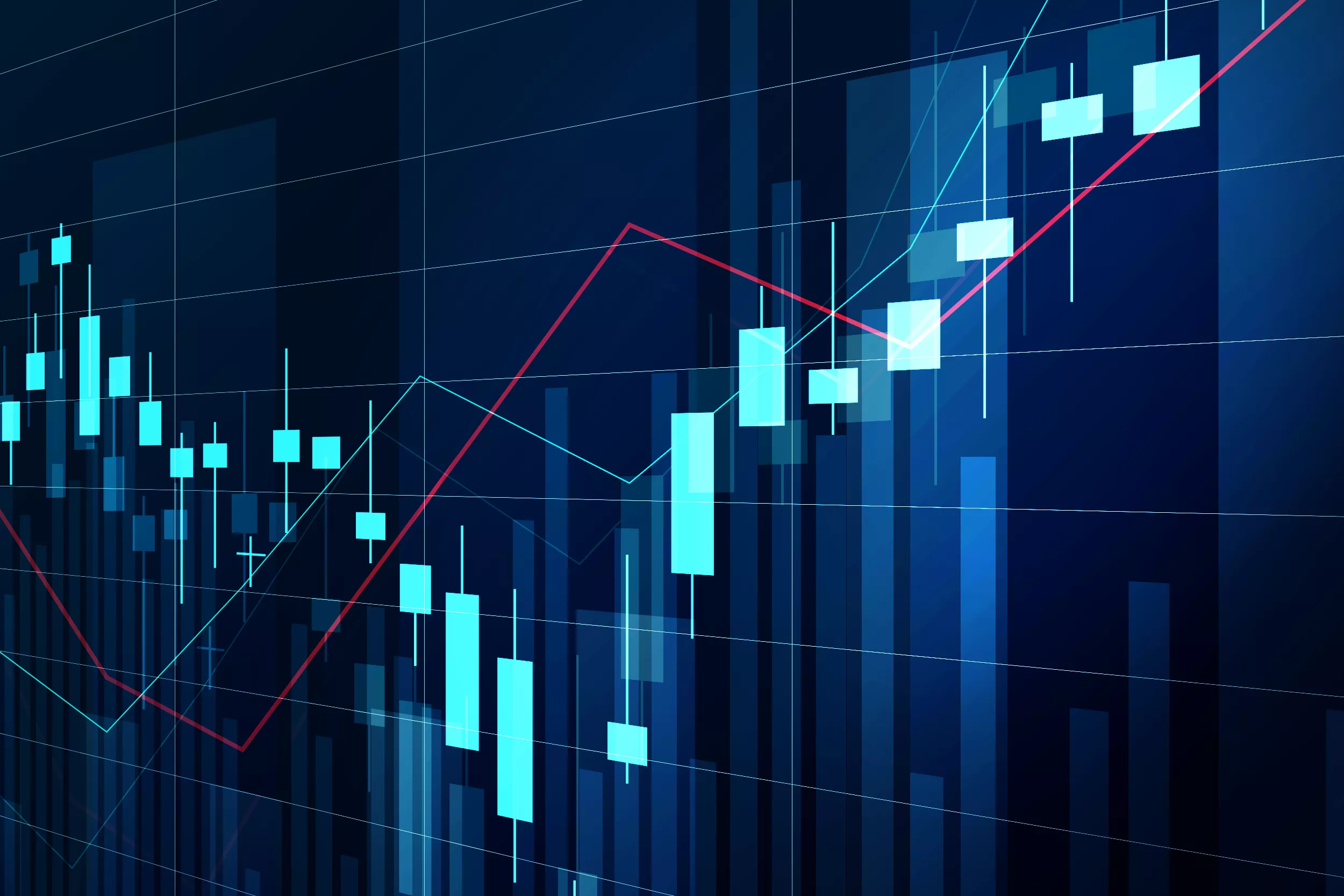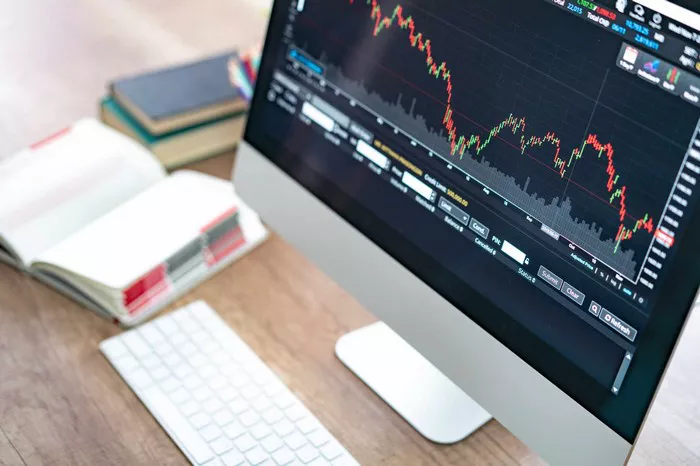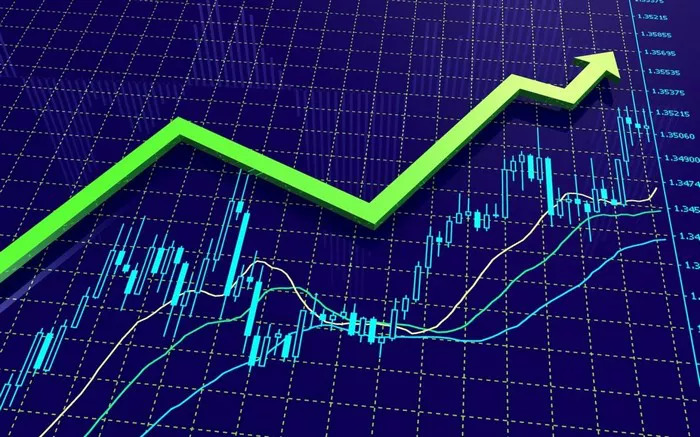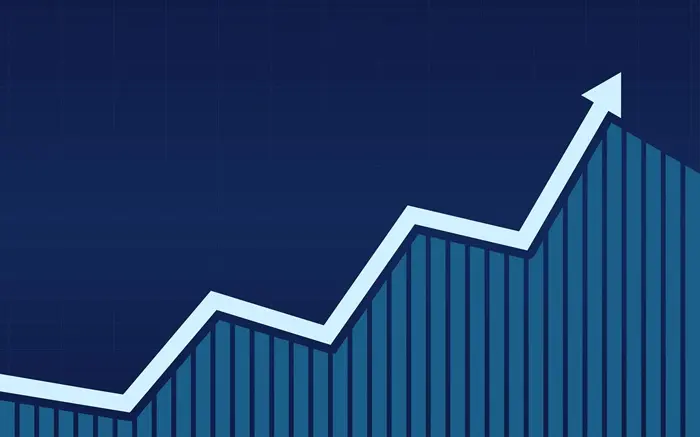Germany’s crucial federal election has set the stage for a significant shift in fiscal policy, with markets predicting a move towards increased government spending.
Market Reactions to Election Outcome
Following the victory of Friedrich Merz, leader of Germany’s conservative opposition, the euro surged by 0.7% in Asian trading. Merz’s CDU/CSU bloc won 28.8% of the vote, while the Alternative for Germany secured 20.2%. This outcome was expected, with markets reacting positively. Contracts for Germany’s benchmark DAX index rose by 1%, and bond futures saw slight declines.
Matt Gertken, chief geopolitical strategist at BCA Research, explained, “For the markets, the outcome is favorable because Germany will still have a centrist government, but with a more pro-business and pro-investment direction.” He also noted that this shift could ease tensions between Germany and the Trump administration over trade and foreign policy matters.
Merz’s Push for a Swift Coalition
Friedrich Merz wasted no time after his win, calling for a new government to be formed quickly. “The world won’t wait for us,” he remarked, emphasizing the need for prompt coalition talks. The CDU/CSU’s victory opens the door for a potential two-party coalition, with the Social Democrats (SPD) and other parties potentially joining to form a majority. Such an alliance would pave the way for much-needed reforms and possibly relax the constitutional limit on borrowing, known as the debt brake, which has been in place since 2009.
Krishna Guha, vice chairman of Evercore ISI, believes that a two-party coalition between CDU/CSU and SPD, with broader support, would be the best outcome for Europe, Ukraine, and financial markets.
A Potential Shift in Fiscal Policy
Germany has long been known for its fiscal discipline, but with growing pressures—especially from the U.S. to increase defense spending—there are signs that this may change. Before the election, markets had already started to price in the possibility of higher government borrowing, particularly as bond yields on longer-term German securities rose.
The country’s stock market has been buoyed by a surge in defense stocks, particularly Rheinmetall AG, which has seen a 45% rally this year. Analysts predict that increasing defense spending could boost the equity valuations of these companies by 15% to 20%.
Euro’s Performance Amid Economic Uncertainty
The euro has gained about 1.5% in February, driven in part by inflows into German stocks. Despite ongoing concerns about the euro’s long-term weakness, some experts believe the election result could bring positive changes. Dane Cekov, senior macro and FX strategist at Sparebank 1 Markets AS, commented, “If the new government follows through with reforms and takes a more active role in infrastructure and defense, the euro could strengthen.”
However, some uncertainty remains. The euro’s long-term trajectory also depends on whether the U.S. dollar has peaked, with investors scaling back bets on further dollar gains.
The Need for Greater Borrowing
Despite Merz’s claim that loosening borrowing restrictions is not a priority, there are indications that German politicians are acknowledging the need for increased government spending. With some of the lowest borrowing costs in the euro area and relatively low debt levels, Germany is in a position to borrow more to address domestic economic challenges.
Economic Pressures Weigh on Germany
Germany’s economy has contracted for two consecutive years, a rare occurrence since 1950. The country faces numerous challenges, including years of underinvestment, the loss of cheap Russian gas, and a slowdown in China, which has impacted trade. These factors have prompted discussions on how to revive Germany’s economy.
Neil Birrell, chief investment officer at Premier Miton Investors, summed it up, saying, “There’s not a lot of room for disappointment in equity markets at the moment, and this election result could provide a short-term boost.”
Related topics:




























